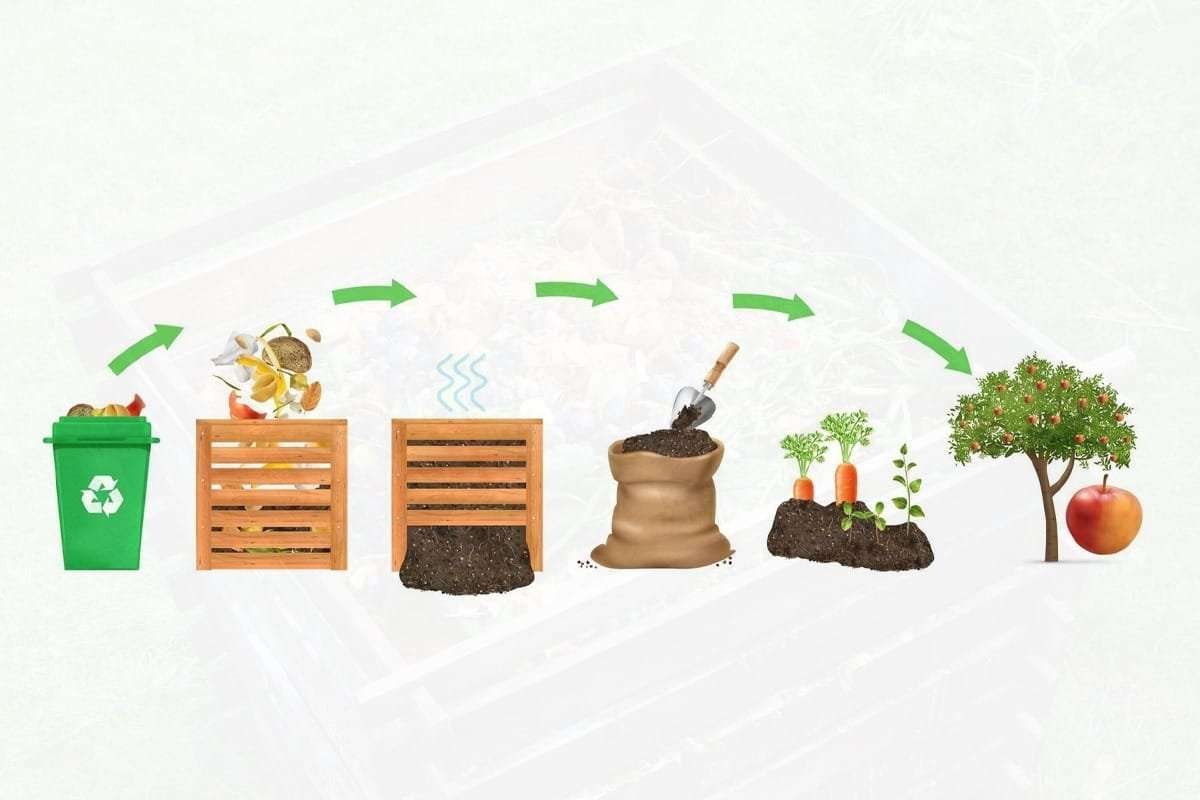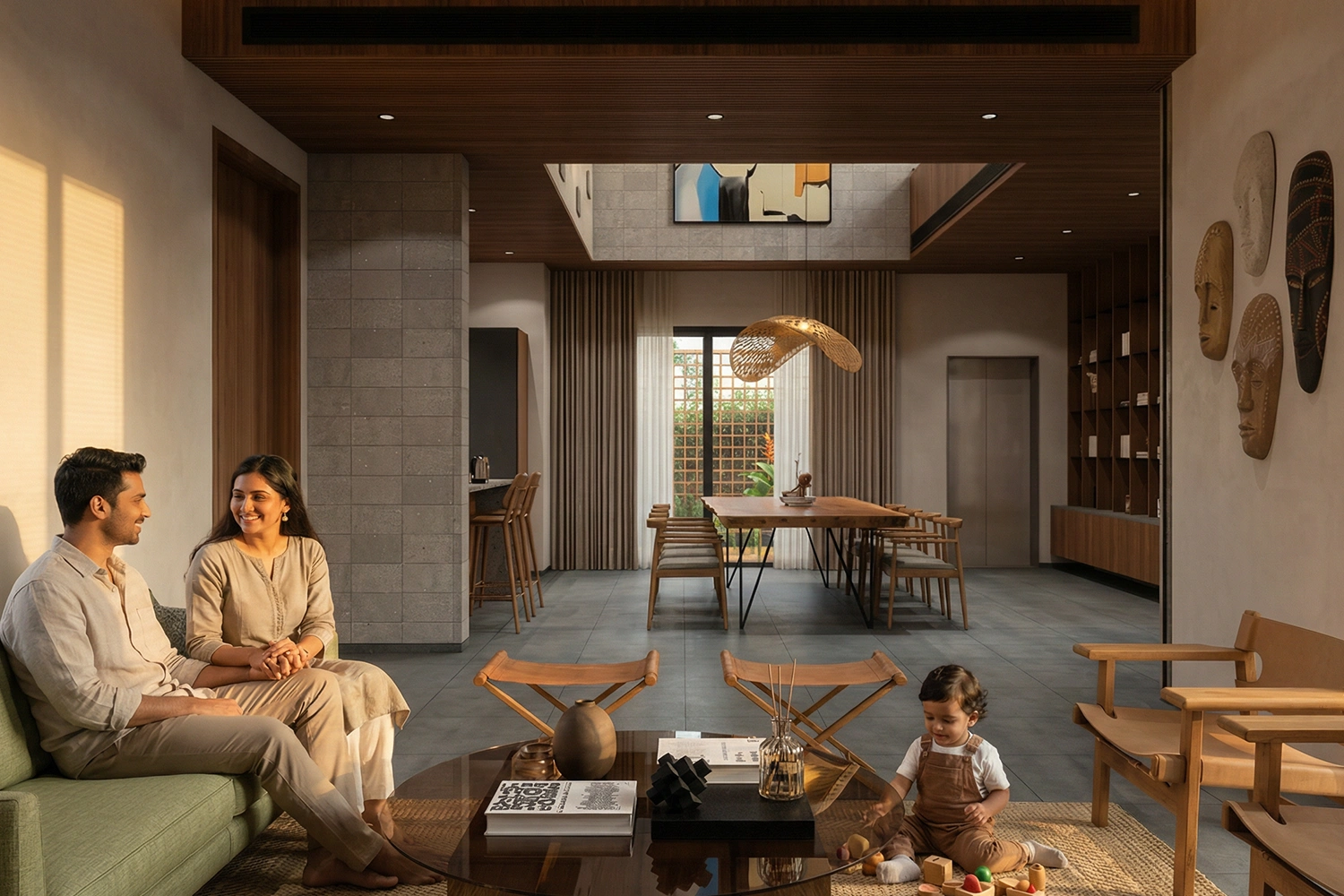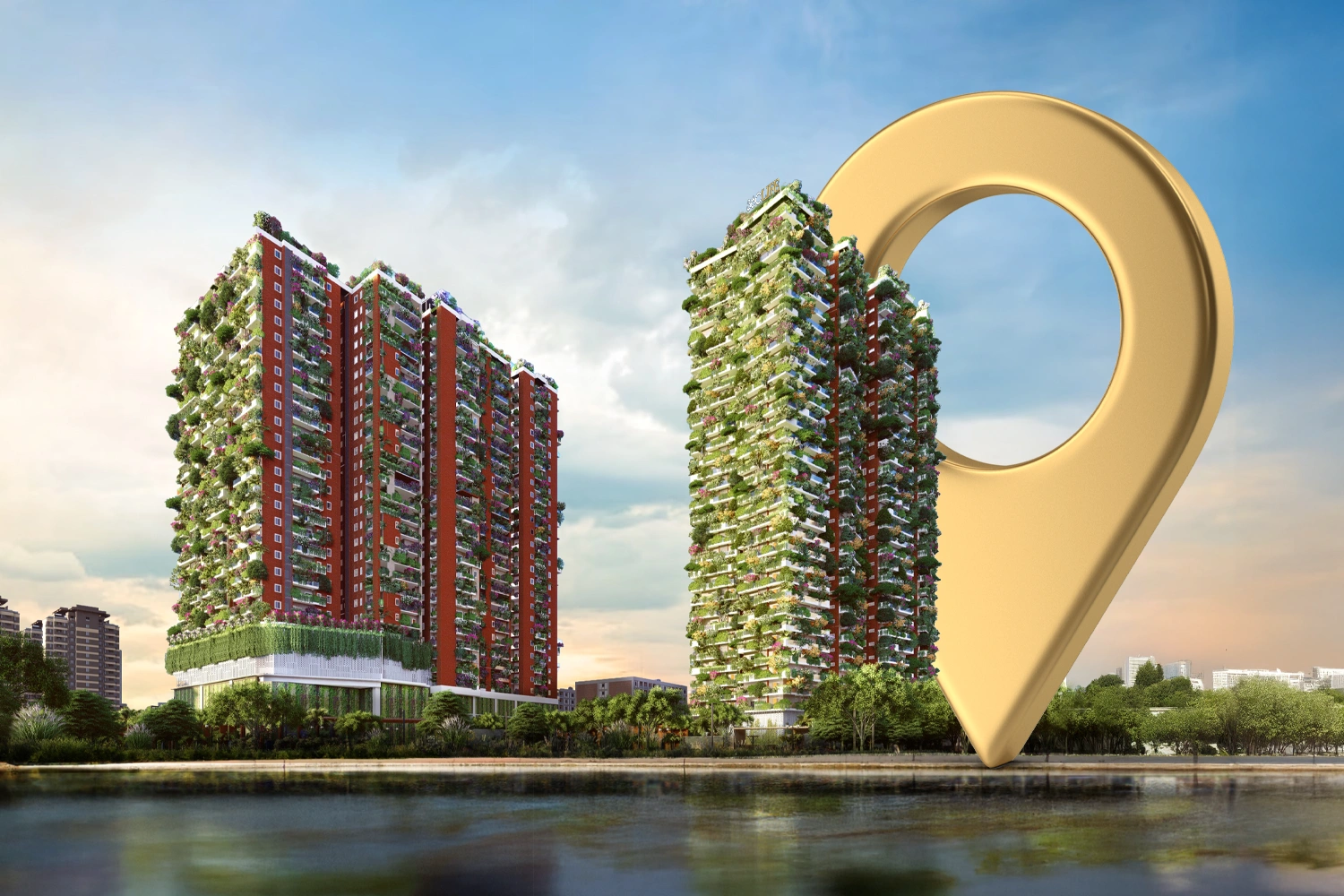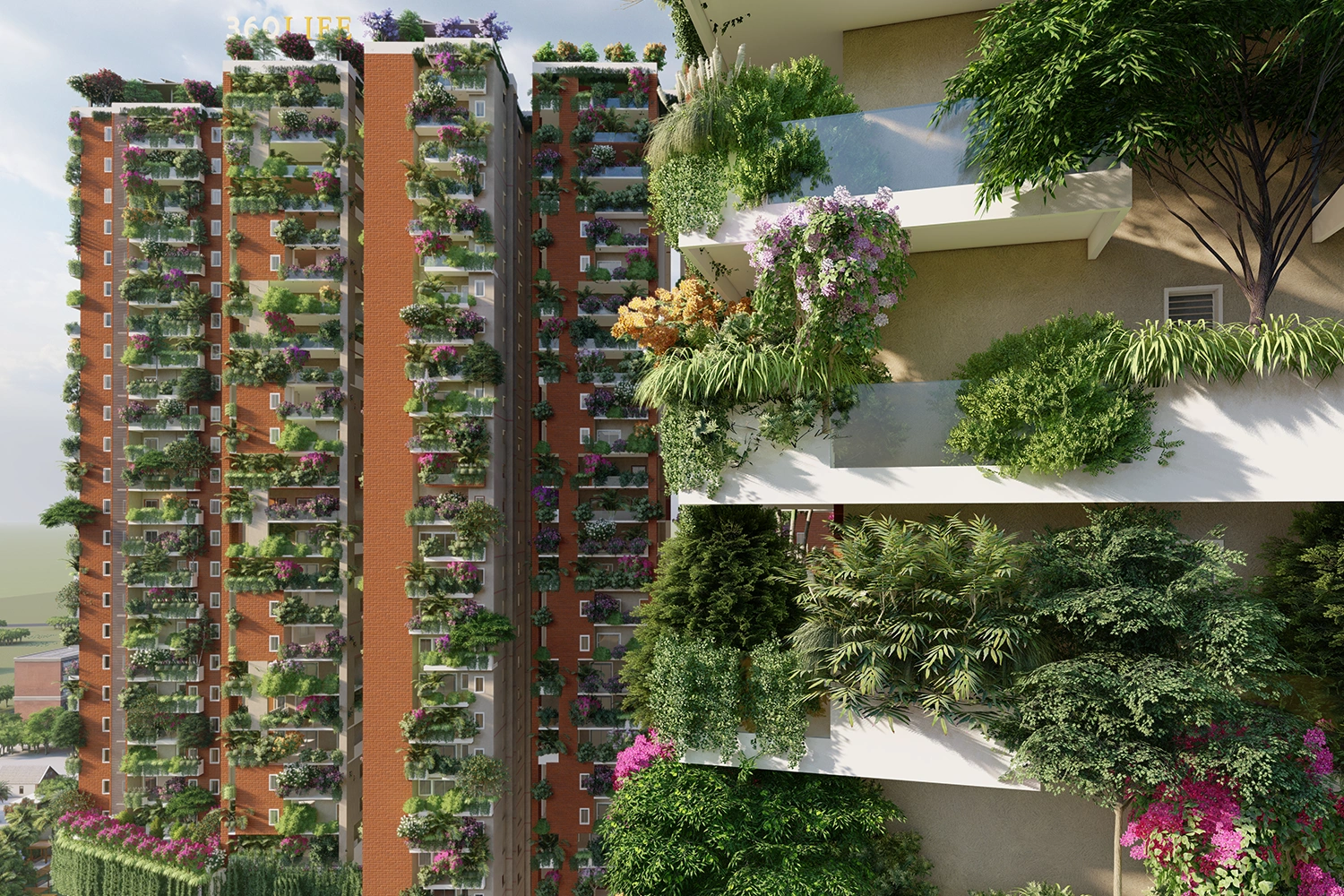As we navigate the challenges of urban living, the call for sustainable practices becomes increasingly urgent. Vertical forest apartments, with their commitment to blending nature with urban life, provide a unique platform for fostering eco-friendly initiatives. One such impactful practice is the collective composting of organic waste, a community-driven effort that not only reduces environmental impact but also strengthens the bond between residents.
In this blog, we’ll explore the benefits of encouraging residents to compost organic waste collectively within vertical forest communities.
1. Building a Greener Community:
Collective composting transforms a vertical forest apartment complex into a green community where residents actively contribute to a healthier environment. By sharing the responsibility of composting, individuals become stewards of their living space, fostering a sense of collective pride in sustainability.
2. Reducing Landfill Impact:
Organic waste in landfills produces harmful methane gas, contributing to climate change. When residents compost collectively, they divert organic waste from landfills, reducing methane emissions and minimizing the ecological footprint of the community.
3. Creating Nutrient-Rich Soil:
Composting creates nutrient-rich soil, a valuable resource for maintaining the health of the vertical forest’s greenery. By repurposing kitchen scraps and yard waste, residents contribute to the development of soil that supports the thriving biodiversity within the building.
4. Cost-Efficient Waste Management:
By composting collectively, the community can potentially reduce waste management costs. The volume of waste sent to external disposal services decreases, leading to economic benefits for both the residents and the building management.
5. Composting Infrastructure:
To facilitate collective composting, vertical forest communities can invest in easily accessible compost bins or designated composting areas. Clear signage and guidance ensure that residents understand how to properly separate and dispose of organic waste.
6. Incentivizing Participation:
Consider implementing incentives for residents who actively participate in composting efforts. Recognition, rewards, or communal events can motivate individuals to engage more actively in sustainability initiatives.
7. Monitoring and Evaluation:
Establish a system to monitor and evaluate the effectiveness of the collective composting program. Regular assessments can identify areas for improvement, allowing the community to continually refine and enhance its sustainability practices.
8.A Beacon for Future Urban Living:
Conclusion:
Growing Together, Sustaining Forever:
Encouraging residents to compost organic waste collectively at 360 Life Vertical Forest Apartments is more than just a sustainable practice; it’s a communal commitment to nurturing the environment and fostering a resilient, interconnected community. As residents actively participate in this eco-conscious endeavor, they contribute to the flourishing vertical forest that encapsulates their living space.
Meanwhile the journey towards sustainability is a collective effort, and as residents continue to compost together, they not only enrich the soil but also sow the seeds of a greener, healthier future for generations to come. In this vertical forest, every resident plays a vital role in cultivating a sustainable haven where life thrives in harmony with nature.





